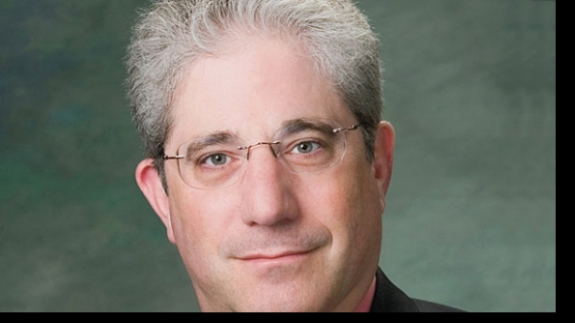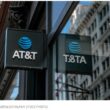Clamor no more
In response to the industry’s clamor for additional details on narrowbanding deadlines and consequences for non-compliance, the FCC last month released a public notice that provides definitive guidelines.
Licensees should be cautioned that, by law, the FCC cannot eviscerate a rule by granting waivers. Waivers are supposed to be granted only in unusual circumstances. Waiver requests will be subject to a “high level of scrutiny,” according to the public notice.
The FCC is requesting that applicants address the following in their narrowbanding waiver requests:
- Steps already taken to plan for, initiate and complete narrowbanding.
- System size and complexity.
- Whether equipment is narrowband-capable.
- Whether additional system upgrades are part of the narrowbanding process.
- Funding sources.
- Impact of the narrowbanding of neighboring systems.
- Plans to minimize the negative impact of extended wideband operations on co-channel or adjacent-channel users.
- Whether the licensee is migrating to another band as part of the transition, and how much (if any) spectrum will be relinquished.
- The timeline for the transition.
The FCC encourages licensees to file their waiver requests as soon as possible, in order to give the commission adequate time to review the requests. It’s vitally important to note that requesting a waiver does not relieve licensees of the responsibility of complying with the new rule by the deadline. Thus, you do not want to be in the position of filing a waiver late, and then taking the risk that it will be granted.
The commission reiterated its warning that failure to comply may lead to admonishments, license revocation and/or monetary forfeitures. However, on this occasion, the FCC noted that monetary forfeitures may be up to $16,000 for each violation or each day of a continuing violation, up to $112,500 for any single act or failure to act.
The public notice lists the FCC’s responses to a series of other narrowbanding questions. The responses are summarized below:
- Business and industrial licensees modifying their authorizations from wideband to narrowband analog operation are not required to pay a fee with the application. Public-safety licensees already are fee-exempt.
- Licensees with narrowband-equivalent operations (i.e., 25 kHz bandwidth operations, but with at least two voice paths within that 25 kHz channel), do not at this time need to certify their equivalency. However, that information must be provided as part of the next license renewal or modification.
- New narrowband-equivalent applications must be reviewed by frequency coordinators for compliance, and applicants must provide their equipment’s FCC identification number to verify.
- Licensees will be permitted to correct coordinates on a wideband license if they demonstrate that the system is not expanding its operational contours.
- The data-efficiency standard only applies to systems operating with an occupied bandwith of 11.25 kHz. (Note the use of the word “occupied”; look at the first numbers of your emission designator.)
The FCC’s public notice goes a long way toward providing the narrowbanding guidance that licensees have been seeking for quite a while. Let the application flood begin!
What do you think? Tell us in the comment box below.
Alan Tilles is counsel to numerous entities in the private radio and Internet industries. He is a partner in the law firm of Shulman Rogers Gandal Pordy & Ecker and can be reached at [email protected].
















